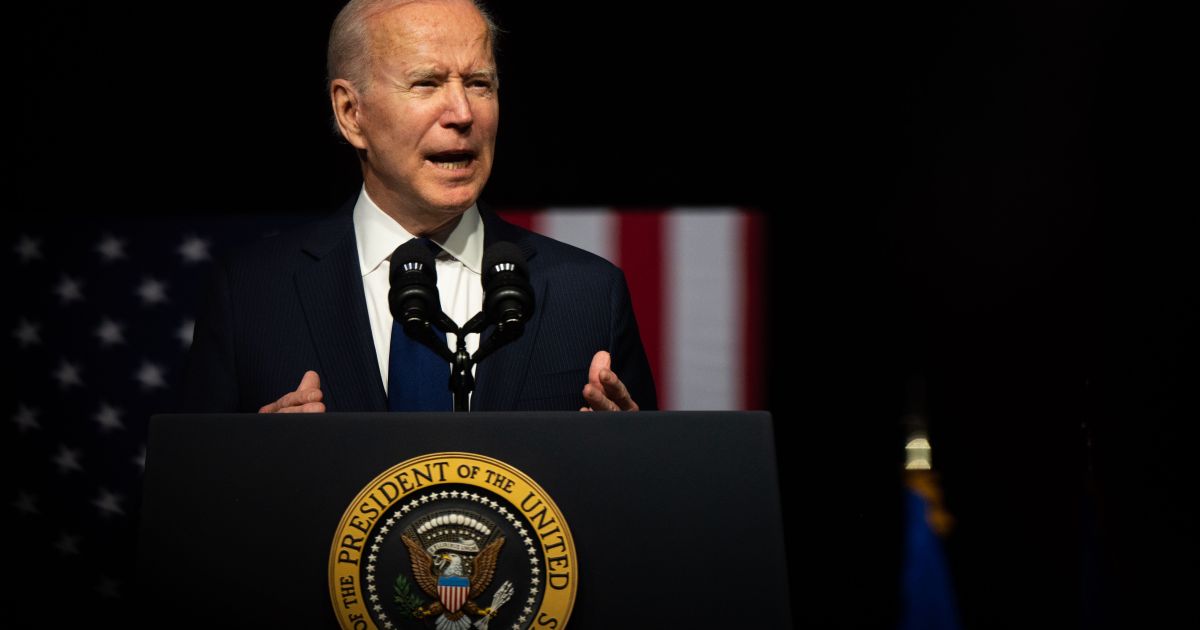Since taking office in January of this year, the administration of US President Joe Biden has launched rapid and successive initiatives in foreign policy, including rejoining the multilateral organizations from which former President Donald Trump withdrew, revitalizing America's alliances and donating anti-Coronavirus vaccines. From those policies, it seemed that Biden's team was taking an approach contrary to that of his predecessor, Trump.
This is what was stated in a lengthy analysis published by the American magazine Foreign Policy, which listed the opinions of 9 prominent experts from different countries and institutions about the success of Biden's foreign policies during the first six months of his presidency.
The analysis cited the opinion of journalist writers Daniel Dudney and John Eikenberry in a joint article recently published by Foreign Policy magazine, in which they say that Biden's foreign policy activities amount to a revolution in the field of American foreign policy, as it charts a large-scale re-imagining of Washington's role in the world that we have not witnessed It has none since the era of former President Franklin Roosevelt.
China .. Biden and the approach of "strategic competition"
When US President Joe Biden took office, some in Beijing assumed the new administration would move quickly to restore US-China relations, reduce tariffs, says Kevin Rudd, president of the Asia Society and former Australian prime minister. He reduced the sanctions imposed on China during the era of former President Donald Trump, but they were quickly disappointed.
The Biden administration, speaking by Kevin Rudd, has rejected China's initiatives to resume a high-level strategic dialogue with Chinese officials, and has retained all the restrictions imposed on Beijing under Trump.
The former Australian prime minister said the Biden administration is preparing a comprehensive review of US strategy toward China covering all areas of diplomacy, security, trade and technology, which is expected to be ready this fall.
But he asserts that the Biden administration has adopted the concept of "strategic competition" pursued by the Trump administration, which is the general framework that defines its relationship with Beijing.
The Middle East .. Inaction will pursue Washington!
The magazine's analysis also cited the opinion of Lina Al-Khatib, director of the Middle East and North Africa program at the British "Chatham House" Institute, who says that the Biden administration's policies on the Middle East during the past six months point to one goal: trying to contain the region's problems and prevent its exit. From control so that it does not spread outside the Middle East or pose a threat to American interests.
Lina Al-Khatib believes that the United States is trying, based on this approach, to contain Iran's regional interference in the Levant and Iraq, but it ignores Tehran's broader role in the region.
It also sees that the United States, by limiting its diplomatic and military activities, seeks to contain the existing conflicts in the Middle East and reduce Iran's role, while at the same time focusing on other regions of the world that Washington places at the top of its foreign policy priorities.
Lina said that America's withdrawal from the Middle East would consolidate Russian and Iranian influence in the region, especially in Syria and Lebanon, and pave the way for China to play a greater role in the Middle East.
She concluded that Biden may succeed in getting rid of the headaches of the Middle East in the foreseeable future during his presidency, but the consequences of inaction and withdrawal will return to haunt Washington in the future when conflicts shift and regional actors gain the courage that they lacked.
Russia... the bilateral cooperation and response
The magazine's analysis provided an opinion by Angela Stint, director of Georgetown University's Center for Eurasian, Russian and East European Studies, on Biden's foreign policy toward Russia.
Stent said that the issue of the relationship with Russia was a toxic topic at the local level in the United States when Biden took office, as local opinion was divided on it, which caused polarization in the country during the era of former President Donald Trump because of his unprecedented praise for Russian President Vladimir Putin and the belief of some American circles That Russia helped him win the elections.
Biden has been able to remove Russia from the domestic American debate through his criticism of Putin and the Kremlin's policies, and he can treat the Russia file as a foreign policy challenge only.
She recalled that one of Biden's first actions upon assuming the presidency was to renew the Strategic Arms Reduction Treaty with Russia for another 5 years, the only remaining treaty regulating the nuclear arsenals of the world's two nuclear superpowers, which expired in February of the year. current.
Stent said that Biden has so far been following a familiar two-track policy with Russia, which requires cooperation with it on matters and issues that serve the interest of the United States and responding to its hostile practices toward America.

